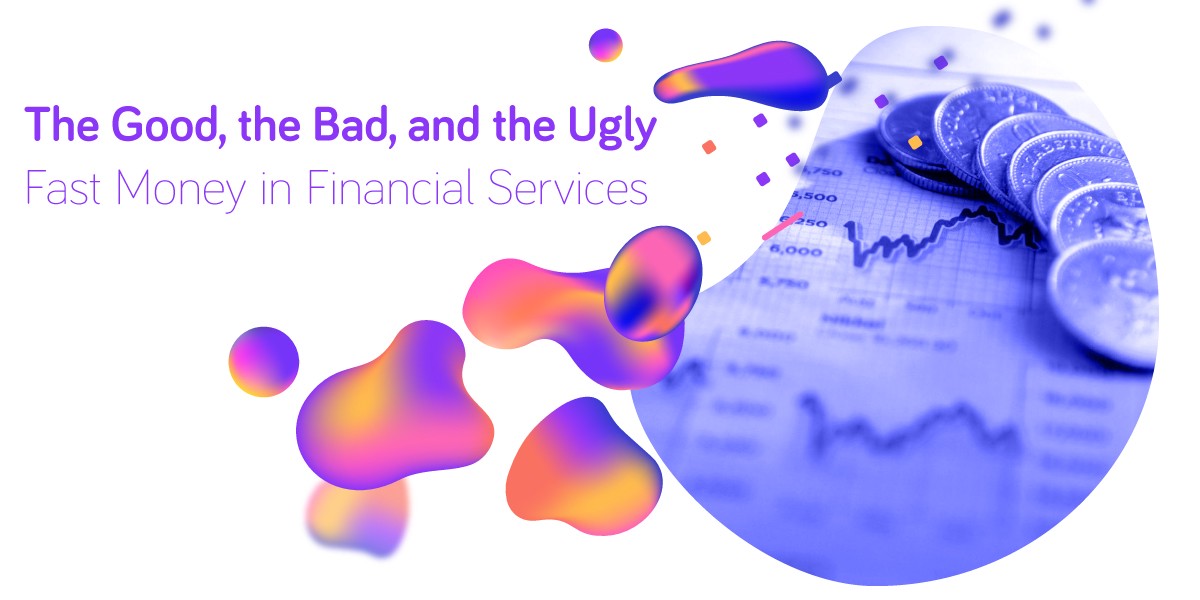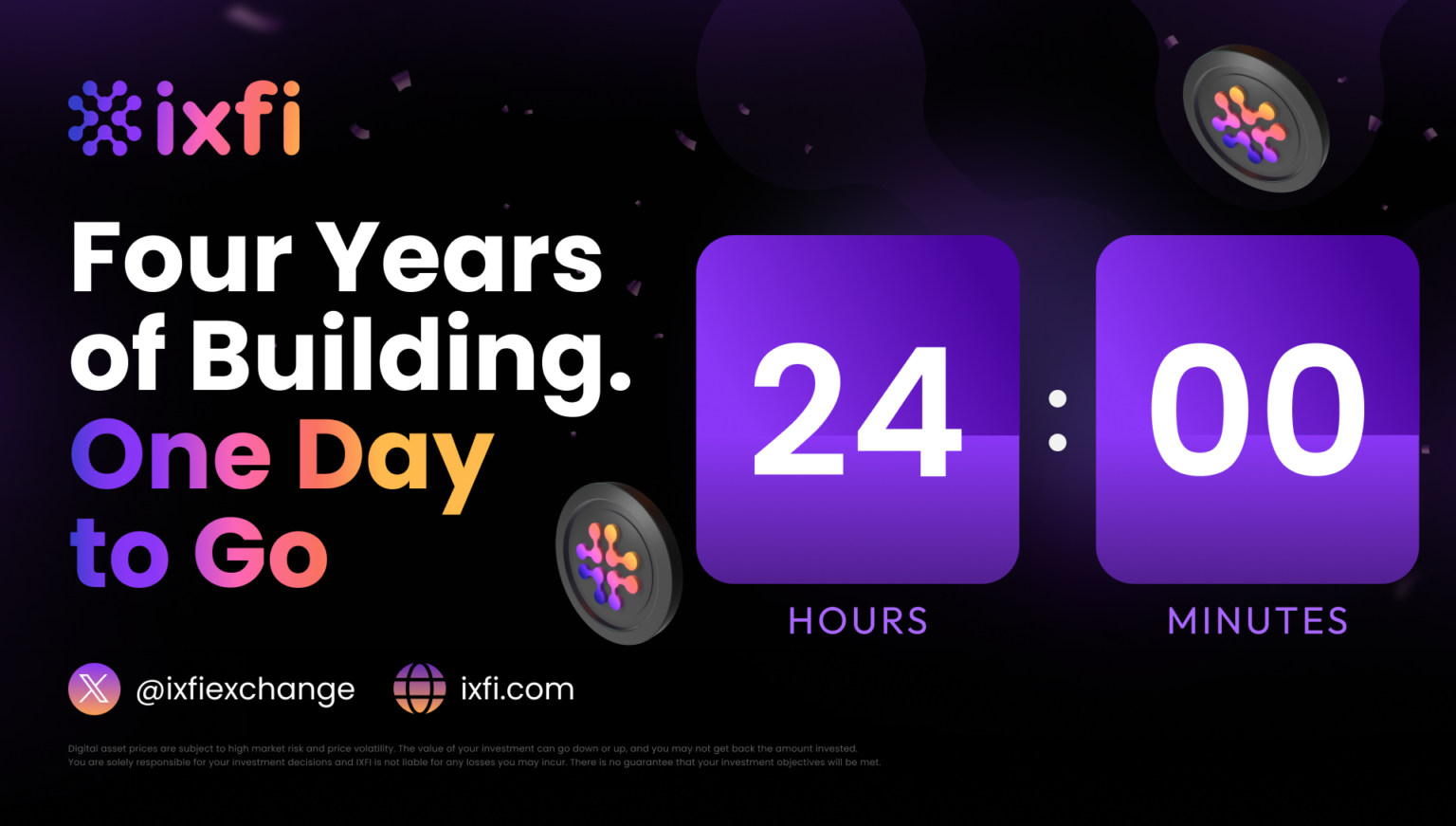You have found yourself in need of quick money to pay for unexpected bills at one point or another. Coming up with this kind of money within a short period can be a challenge, especially if you are unfamiliar with the options offered in various financial institutions. Unlike ‘slow money’ that is often planned and used to cater for long-term money transactions such as retirement, buying a home, or college, ‘fast money’ refers to the money transactions that we make daily, including buying groceries and paying bills.
While fast money helps meet urgent or daily financial needs, how do these transactions affect financial institutions and their services? The rapid technological advancements have increased consumers’ access to financial services through channels such as mobile apps. Therefore, maintaining a competitive advantage in the current market requires financial institutions to offer multiple fast money services.
Fast Money Increases Customer Satisfaction and Drives Repeat Business
Access to fast money increases customer satisfaction, leading to higher financial transactions. With the expansion of digital technologies, customers expect fast money movement across all aspects of their financial lives. Failure to meet these expectations leads to disappointment and opens the door for rival firms. However, if everything works fast as expected, the customer will be willing to repeat transactions. Therefore, providing quick money has become critical for financial institutions’ competitiveness and stability.
When a company comes through for you when you need them the most, chances are you will work with them in the future for similar transactions. The repeat business is associated with positive experiences occurring when the financial institution meets or exceeds customers’ expectations. Most of us are used to fast access to things we deem essential. For example, we can access information quickly whenever we need it with the internet. With e-commerce, we can have products delivered promptly to our doorsteps. Thus, we expect similar services from financial firms. The speed of money movement during financial transactions determines how we feel about financial institutions and our willingness to work with them in the future.
The Speedy Access Enhances Convenience
Emergencies cannot allow for the traditional procedures of initiating financial transactions, such as loan applications; they require quick actions. For instance, how would you feel if you were to queue in the bank for hours, leaving your children hungry at home because you need money for grocery shopping? The advanced technologies used in fast money procedures eliminate these problems to ensure that you can access the required funds as soon as possible, saving time and energy and ensuring convenience.
Fast Money Increases the Potential of Fraud
When access to fast money increases, so does the threat of fraud. In recent years, cases of impersonation have significantly increased, with people using others’ identities and information to initiate financial transactions. Digital technologies have significantly contributed to the increase in fraud, the same technologies enhancing access to fast money. The vice president of fraud for FICO, T. J. Horan, stated that thieves are looking for easy money and the speed of electronic and wire transfers have made brokerage accounts and banks easy targets.
Despite the fears associated with the fraud cases, there is some good news. Most people are willing to collaborate with financial institutions to help fight fraud. They are ready to take extra actions to authenticate their identities when opening accounts or transferring money. These actions will enable the financial firms to mitigate the risks and develop potential protection measures. Therefore, as an intelligent investor or customer, you should be part of efforts to ensure strengthened protection against fraud.
Staying vigilant can help reduce fraud. Below are some actions you can take to stay prepared and protect yourself;
1) Don’t take the bait
If you receive suspicious messages regarding your bank account or any financial transactions, call the bank’s official numbers. Do not open the links or call the numbers provided by the fraudsters; use your bank’s official contacts.
2) Use more intrusive and newer authentication methods
While authentication methods such as receiving passwords or a code by text or mail or automated phone calls are traditionally accepted as protection techniques, they have become relatively weak following dramatic technological advancements. Other newer alternatives include fingerprint/facial recognition on a smartphone, video chatting or speaking with a live agent, allowing location tracking or geolocation, using knowledge-based authentication (KBA), and enabling your camera to record a face during transactions. These measures enhance protection against illegal or unauthorized access to data often used for fraud.
3) Set up alerts and monitor your accounts
Consult your bank to know its alerting capabilities, which can be texts or emails every time there is an activity involving your account. The faster you identify a potential threat, the quicker you can mitigate it by cutting off access.
As the world increasingly becomes interconnected and people continuously have access to advanced technologies, demand for fast money will continue to grow. Financial institutions have a responsibility to ensure they have integrated innovative solutions that enhance speedy access to funds while at the same time strengthening customer protection against fraud.
Follow our IXFI Medium Blog for more relevant financial advice and news, where we try to bring you the information and tools necessary to achieve your financial independence.
Disclaimer: The content of this article is not investment advice and does not constitute an offer or solicitation to offer or recommendation of any investment product. It is for general purposes only and does not take into account your individual needs, investment objectives and specific financial and fiscal circumstances.
Although the material contained in this article was prepared based on information from public and private sources that IXFI believes to be reliable, no representation, warranty or undertaking, stated or implied, is given as to the accuracy of the information contained herein, and IXFI expressly disclaims any liability for the accuracy and completeness of the information contained in this article.
Investment involves risk; any ideas or strategies discussed herein should therefore not be undertaken by any individual without prior consultation with a financial professional for the purpose of assessing whether the ideas or strategies that are discussed are suitable to you based on your own personal financial and fiscal objectives, needs and risk tolerance. IXFI expressly disclaims any liability or loss incurred by any person who acts on the information, ideas or strategies discussed herein.




